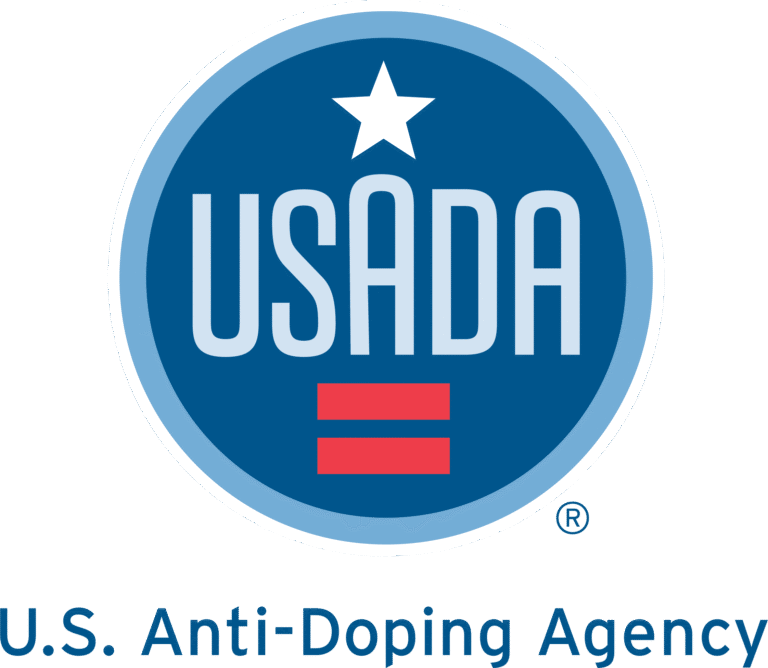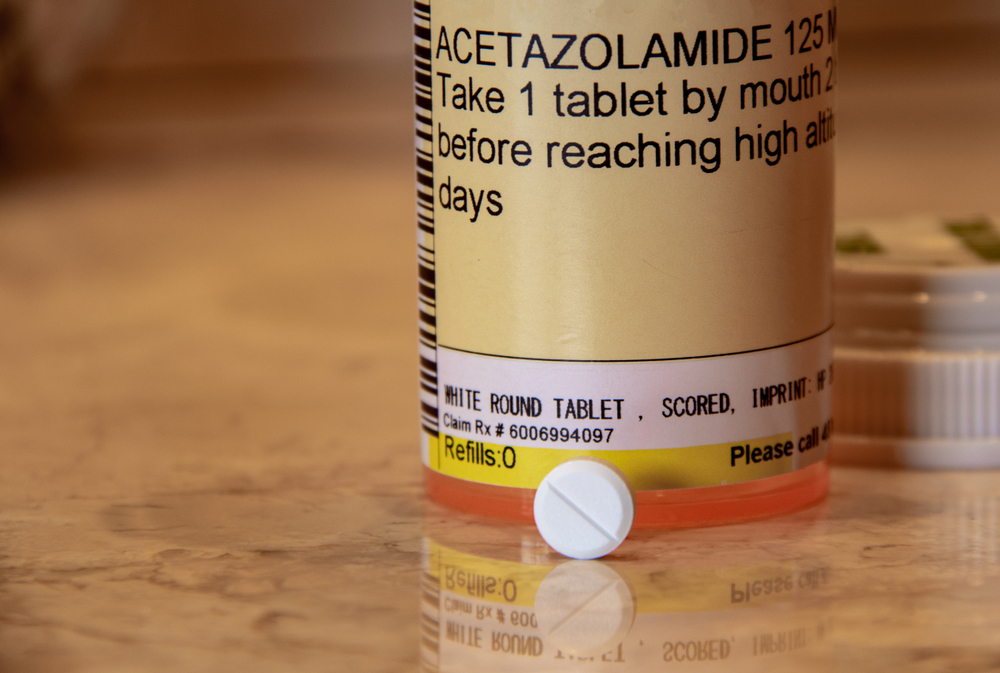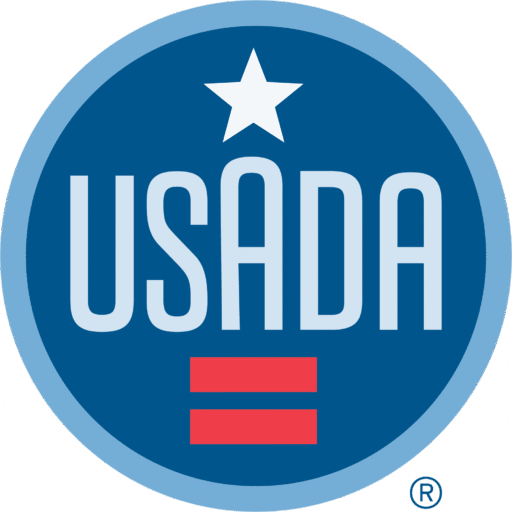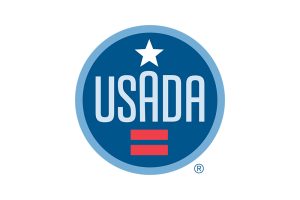It may be easy to assume that a diuretic to treat a common illness, such as altitude sickness, is safe to use if you’re an athlete. Especially if it’s prescribed by a physician. In sports with weight categories, like mixed martial arts, wrestling, and boxing, water pills might also be a cultural staple used to make weight during the weight cutting process.
However, it’s important for athletes to realize that diuretics like acetazolamide are prohibited in sport. Keep reading to learn more.
What is acetazolamide?
Acetazolamide [uh-see-tuh-zoh-luh-mahyd] is a type of diuretic, or water pill, that causes the body to excrete more water than usual. It is prescribed for various ailments that are caused or made worse by excess fluid build-up (edema), such as high blood pressure, glaucoma, kidney failure, congestive heart failure, or altitude sickness. In the U.S., acetazolamide is available by prescription only, but in some countries, it can be purchased over the counter.
Is acetazolamide prohibited?
Acetazolamide is prohibited at all times, both in and out-of-competition, under the category of Diuretics and Masking Agents on the World Anti-Doping Agency Prohibited List. Diuretics like acetazolamide increase the rate at which the body gets rid of water (which dilutes the urine) and change how drugs are metabolized. Both actions affect anti-doping tests, which is why diuretics are prohibited. The use of any diuretic requires a Therapeutic Use Exemption (TUE).
In response to the global occurrence of positive tests shown to be the result of contaminated medications and meat, a group of scientific and legal experts made specific recommendations to WADA to establish Minimum Reporting Levels (MRLs) for selected diuretics and anabolic steroids/growth promoters detected in urine samples by WADA-accredited laboratories. Starting June 2021, WADA implemented MRLs for a number of prohibited diuretics (namely, acetazolamide, bumetanide, furosemide, hydrochlorothiazide, torasemide, and triamterene), and livestock growth promotors (namely, clenbuterol, ractopamine, zilpaterol, and zeranol ), and will continue to evaluate the need for MRLs for additional compounds should they be directly associated with contamination. For certain sports or in certain circumstances, results below the MRLs will trigger an investigation by the relevant anti-doping authority to try to determine the source and circumstances around the ingestion or exposure to the prohibited substance. To read more, please see WADA’s statement.
Can athletes use acetazolamide if it’s prescribed for altitude sickness?
Altitude sickness occurs when the body cannot adapt quickly enough to the low air pressure and oxygen levels at high altitudes, leading to symptoms that may include breathlessness, fatigue, headache, and nausea. In more severe cases, it can also lead to fluid build-up in the brain and lungs.
USADA will not grant a TUE in advance for the use of acetazolamide or other diuretics to prevent altitude sickness, since athletes can usually avoid these situations through advanced planning and altitude acclimatization. Once an athlete is suffering from altitude sickness with no option to go to lower elevations, and a physician has prescribed acetazolamide for urgent treatment, then athletes should receive treatment and immediately apply for an Emergency TUE or request a Retroactive TUE after the fact depending on the specific circumstances.
For more information about TUEs, contact USADA’s Drug Reference Line at drugreference@usada.org or call (719) 785-2000, option 2.
Do athletes need to use acetazolamide for weight cutting?
Some athletes might misuse diuretics like acetazolamide for weight-cutting purposes to quickly make weight in sports with weight categories like mixed martial arts, wrestling, taekwondo, and boxing.
Not only is diuretic-induced dehydration for weight cutting prohibited in sport, it is also a dangerous practice that can lead to sudden drops in blood pressure, overheating, confusion, organ failure, and seizure.
Can athletes get a TUE for acetazolamide?
Yes, but it must be prescribed for a confirmed diagnosis of a medical condition that will cause significant impairment to an athlete’s health if the medication were withheld. Non-prohibited alternatives to acetazolamide that could address the medical condition must be thoroughly considered and the use of acetazolamide must not enhance the athlete’s performance beyond what would be considered a return to a normal state of health.
Need more information?
For questions about specific products, substances, and methods, contact USADA’s Drug Reference Line at drugreference@usada.org or call (719) 785-2000, option 2.








